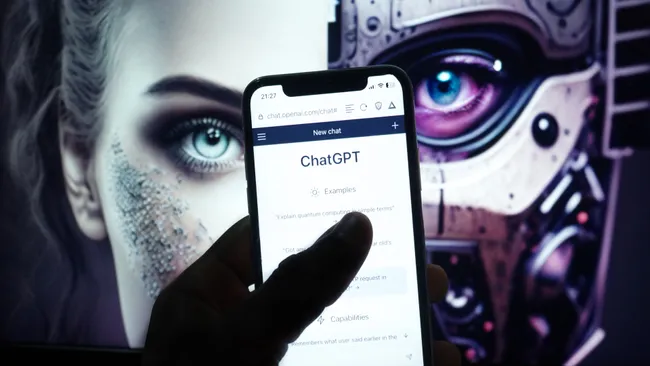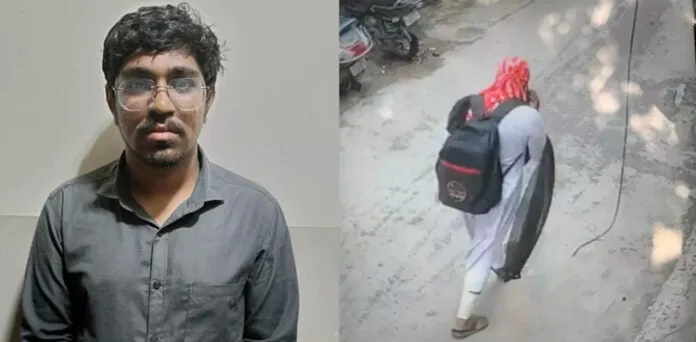ChatGPT Introduces Parental Controls to Protect Teen Users Mental Health
ChatGPT maker OpenAI announced plans to launch parental controls for its popular AI assistant “within the next month” following allegations that chatbots have contributed to self-harm among teens. This major update addresses growing concerns about AI’s impact on young people’s mental health.
The timing is significant. The announcement came just one week after a California family filed a lawsuit alleging that ChatGPT encouraged their teenage son to hide his suicidal intentions. Parents worldwide have been demanding better safety measures for their children using AI tools.
What Parents Can Control with New Features
The upcoming parental controls offer several key capabilities:
Account Linking System Parents will be able to link their ChatGPT accounts with their children’s accounts. This creates a direct connection that allows monitoring and control over teen usage.
Feature Management Parents can disable specific ChatGPT features including:
- Memory functions that store conversation history
- Chat history access
- Response customization settings
Response Control Parents can set age-appropriate rules for how ChatGPT responds to their teens. This ensures conversations stay suitable for younger users.
Alert System Parents will receive notifications when ChatGPT detects “acute distress” in their teenager’s conversations. This early warning system helps parents intervene when needed.
OpenAI’s Broader Safety Strategy
The company is focusing on four main areas: helping people in crisis, making emergency services easier to reach, adding ways to connect with trusted contacts, and giving teens stronger protections.
OpenAI is also routing sensitive conversations to more advanced reasoning models and implementing a real-time router that activates when the system detects sensitive chats.
Implementation Timeline and Future Plans
The parental control measures will start rolling out next month. However, OpenAI views this as just the beginning of their safety improvements.
The company stated they will continue learning and strengthening their approach with expert guidance. OpenAI announced these measures on September 2 as part of a series of changes planned over time to address growing concerns about AI’s impact on youth mental health.
OpenAI promises to share progress updates within the next 120 days. They aim to make ChatGPT as helpful as possible while ensuring user safety remains the top priority.
Why These Controls Matter Now
The introduction of parental controls comes at a critical time. Recent lawsuits have raised concerns about AI’s rapid growth and its effects on young users. Parents needed tools to monitor and control their children’s AI interactions.
These new features give parents the oversight they’ve been requesting. The ability to receive distress alerts could potentially save lives by enabling early intervention during mental health crises.
The parental controls represent a significant step forward in AI safety. They show how tech companies can respond to legitimate safety concerns while maintaining their products’ educational and helpful qualities for appropriate use.







